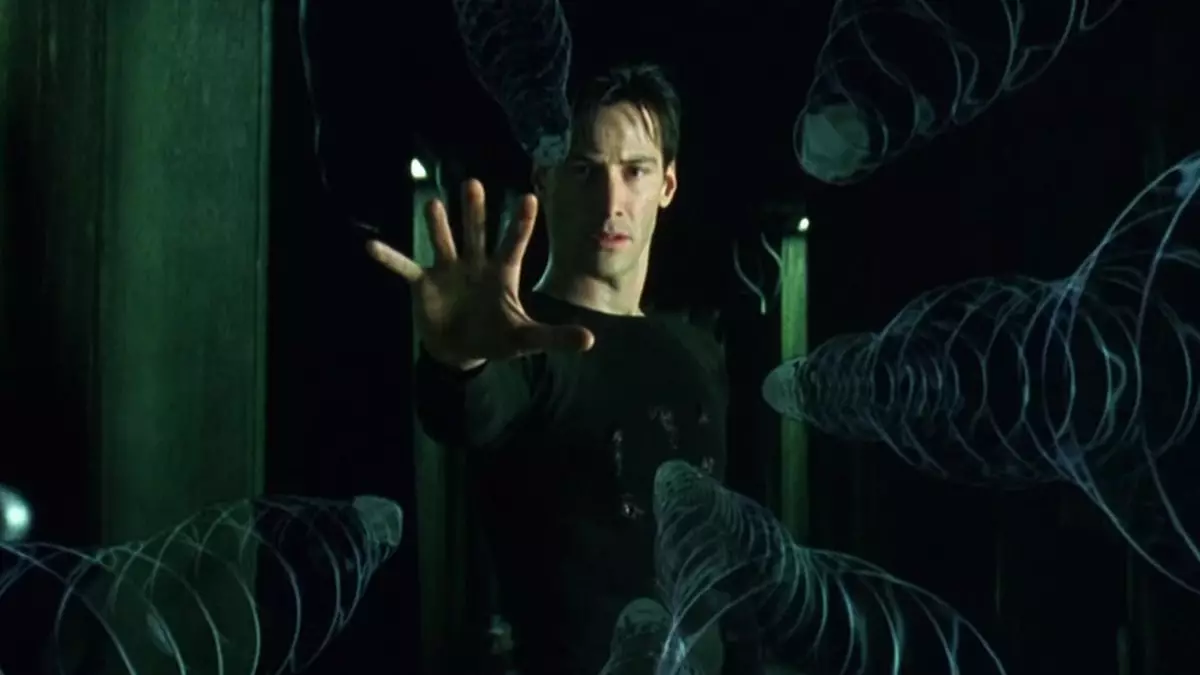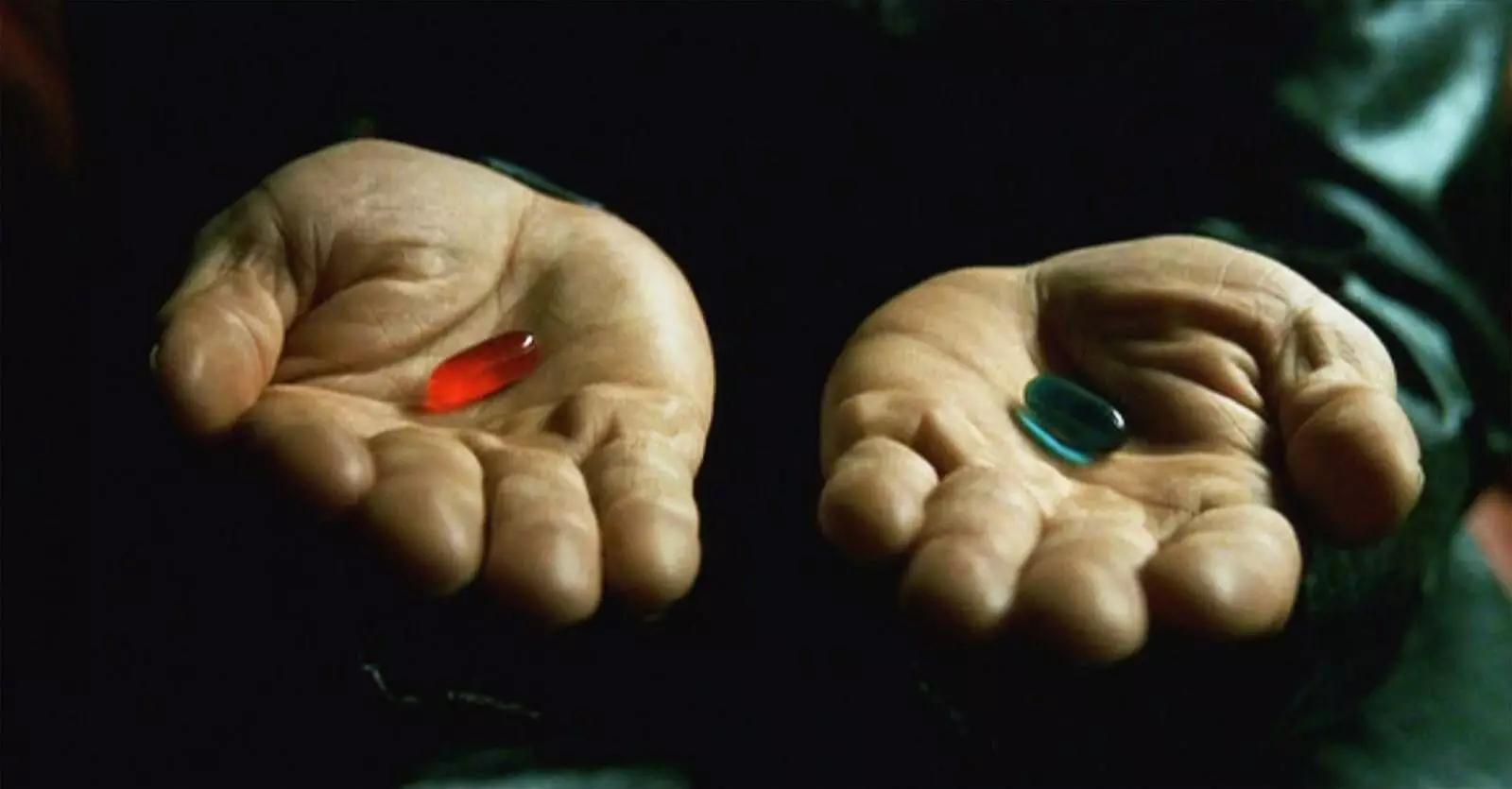
We know it's the bank holiday weekend and you're probably nursing a dirty hangover, so just be prepared, because you're about to have your mind blown and your reality bent out of shape.
According to a top neuroscientist, reality as we know it could just be a hallucination that comes from the activity in our brains. Far out!
Anil Seth, professor of Cognitive and Computational Neuroscience at the University of Sussex, explained that the brain uses prior expectations to decide what's out there in the world in order to interpret the noisy and ambiguous sensory information that it continually encounters.
Advert
Writing for Business Insider, Seth said: "Perception, instead of just being a reflection of what's actually there in the world, is always this active process of interpretation."
Apparently what we see with our eyes is actually what we see with our brains, and what we end up observing from the world is what our brain interprets from the information that is carried it to it from our eyes. In other words, our eyes are like proverbial windows for an objective reality.

When the balance between how the brain deciphers sensory information and what the sensory information actually is, that's when people start seeing things that others don't - i.e. they start hallucinating.
Advert
Many people associate this with psychedelic drugs and while you'd assume that's because the drugs make users see things that aren't there, Seth reckons it doesn't mean these things don't exist.
"Other people who will see things that really other people don't see, that's just a different balance that they have between how their prior expectations influence the sensory data that comes in," he says.
"It just means that your brain is working in a different way so that its prior expectations come to dominate this sensory information."
Seth concludes by saying that what we think we experience as real is in fact a construction of the brain. So when you see a red mug, this doesn't mean the colour actually exists out in the universe, but it instead is something your brain constructs in order to interpret visual information.
Advert
Mind = blown. Of course, while this theory might leave you questioning whether the bowl of cornflakes you're chowing down on is actually just a figure of your imagination, the question we should be asking is, does it really matter?
Even if our brains are creating a fictitious reality through an interpretation of what they see, we're still living it right? I guess it all depends if you're a red or blue pill kinda person.
Featured Image Credit: Warner Bros/The MatrixTopics: Science, World News, Interesting